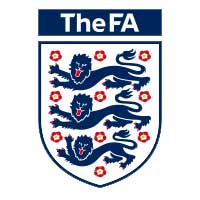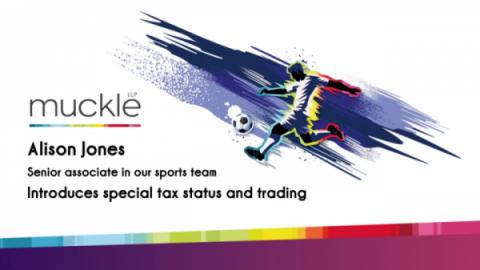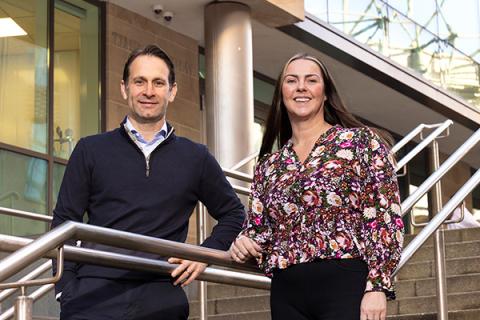
Related Downloads
FA Bitesize Guide introduction - Special tax status and trading
Alison Jones, senior associate in our sports team, introduces the FA guide on special tax status and trading guide
Watch VideoAll VideosWe’ve put this short guide together to explain the basics and answer some Frequently Asked Questions (FAQs) to help you make informed choices about which route to take.
What is meant by special tax status?
The first thing to understand is that ‘special tax status’ is different to ‘legal structure’. All clubs have a legal structure, (see our separate guide "Incorporation and Legal Structures" for more information) but clubs can also opt to have a ‘special tax status’.
The two types of special tax status that any club may want to consider are charitable and CASC.
Let’s go into these two options in more detail...
Option 1 – Charitable Status - Pros and cons
| Pros | Cons |
| Public perception and funding - people and organisations may be more willing to fundraise for or donate to a registered charity. | Charity for life - once your club becomes a charity, it cannot just stop being one. |
|
Tax benefits and reliefs – these include:
|
Players – all players must be amateur. So, if your club is considering paying players and having charitable status, you will need to consider a group structure. |
| Trading – if you are running a bar, selling merchandise etc, those activities need to be carried out by a separate trading company However any profits made by that trading company may be donated, taxfree, up to the charity. | |
| Regulation – the Charity Commission is a proactive regulator. Your club must operate within the restrictions imposed by the Charity Commission and within charity law. |
Need further info?
Head to the government’s website for detailed guidance.
Option 2 – CASC Status
| Pros | Cons |
| Tax benefits and reliefs - the available benefits and reliefs are fewer than for a charity. The key one that is available and relevant to most grassroots sports clubs is the right to claim non-domestic business rate relief. | CASC for life - a CASC is not ordinarily able to voluntarily deregister. “Once a CASC, always a CASC”! |
| Payment of players – unlike a charity, a CASC can pay players (subject to a maximum aggregate limit which, as at the date of this guide, stands at £10,000 p.a. across all players, plus expenses). | Players – you should carefully consider the club’s future plans and whether registering as a CASC will inhibit plans to progress through the National League System where increased payments to players may be needed. |
| VAT – unlike a charity, normal VAT rules apply to supplies made to a CASC, and it does not enjoy any VAT reliefs. | |
| Complexity - the legislation governing CASC status (including eligibility) has become increasingly complex and is arguably now more complex than the equivalent rules on charitable status. |
Need further info?
Head to the government’s website for detailed guidance.
Trading and trading subsidiaries
No club should be overly reliant on a single income source. You should explore ways of diversifying your income, whether that be through sponsorships, selling merchandise, holding fundraising events, applying for grants, or other means.
Where significant trading or commercial activity is planned or it carries risk, and your club wants to apply for charitable or CASC status, a separate trading arm or subsidiary may be required to carry out those activities.
Find out more
For further info please see our "A Guide to Club Structures" document.
Speak to our team
To speak to a member of our friendly sports team, please contact us at [email protected] or on 0191 211 7799.
get in touch






